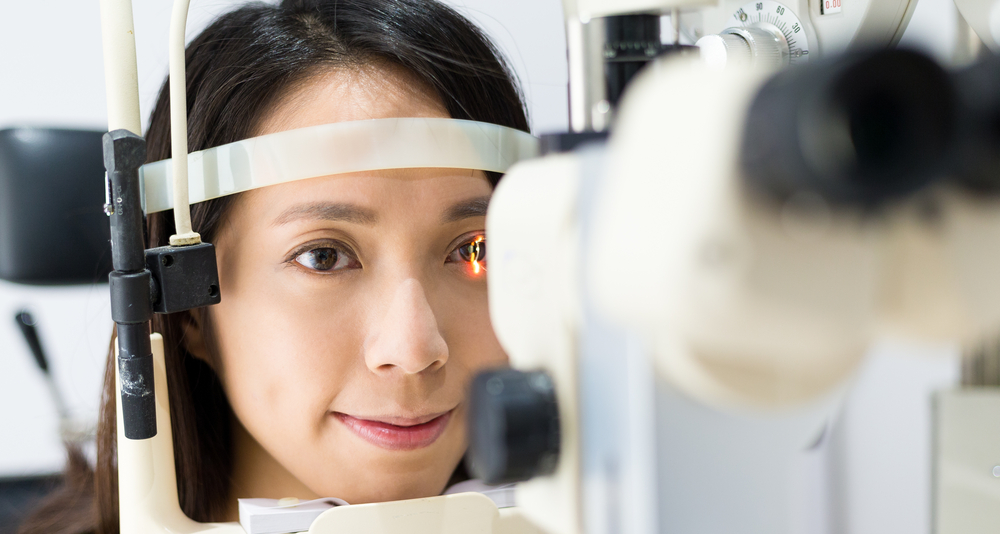Diabetic Retinopathy: Risk Factors and Treatment Optionsin Boston, MA

By understanding more about their condition, patients with diabetic retinopathy can receive the ideal treatment and ensure treatment in a time-frame that can mitigate the worst of the condition’s symptoms. Our doctors are experts in diagnosing and treating diabetic retinopathy. In this latest post, we will provide valuable insight on the risk factors, symptoms, and treatment options for this condition.
Risk Factors
The most obvious risk factor associated with diabetic retinopathy is poorly controlled diabetes. This means it is critical for the diabetic patient to take a proactive approach in minimizing their diabetic symptoms, including working with their health specialist to keep their diabetes under control. Other risk factors include:
- Elevated blood cholesterol levels
- High blood pressure
- Sleep apnea
Symptoms
By being educated more about the symptoms most closely associated with diabetic retinopathy, and working with their health care professional, patients can ensure they have the information needed to take care of themselves. Any concerns should be addressed with a health specialist immediately after a problem arises. One of the most common symptoms associated with diabetic retinopathy is blurred vision. A patient with diabetes may experience blurred vision suddenly during work or while exercising. This symptom requires an immediate response from a qualified eye care professional. Other symptoms associated with diabetic retinopathy include:
- Sudden loss of vision in one eye
- Seeing halos around lights
- Dark spots in vision
- Flashing lights within vision
Treatment
While diabetic retinopathy can be an immensely challenging eye health issue, there are multiple treatment options available. Eye care professionals often choose to address diabetic retinopathy through laser surgery. Lasers can be used to precisely target the damaged retina and seal leaking retinal vessels.
The specialist might also choose to complete retinal repair surgery if the problem has become advanced. It is important to seek advice from your eye care specialist, voice any questions or concerns you have, and carefully consider all treatment options.
Steps to Minimize the Damage Caused by Diabetic Retinopathy
By following the guidance in this post, you can minimize damage to your vision cause by diabetic retinopathy. The following steps can be used to prevent lasting damage as a result of diabetic retinopathy:
- Visit your eye specialist regularly
- Commit to regular exercise
- Pay attention to ongoing eye issues and take action as necessary
Contact Our Office
Our expert eye care team is available now to answer your diabetic retinopathy questions. To learn more, call us today.



